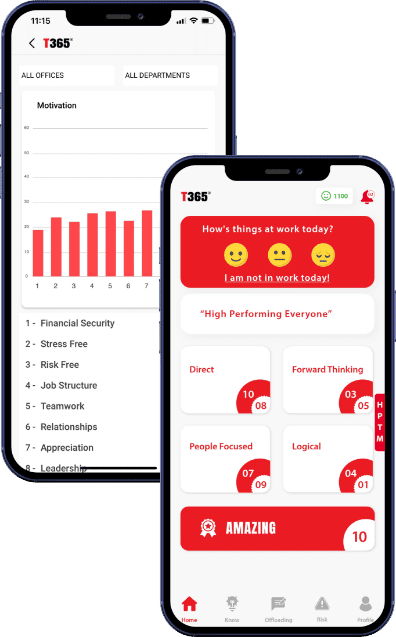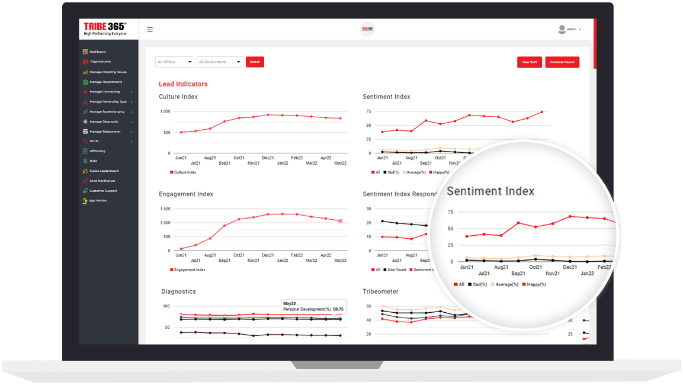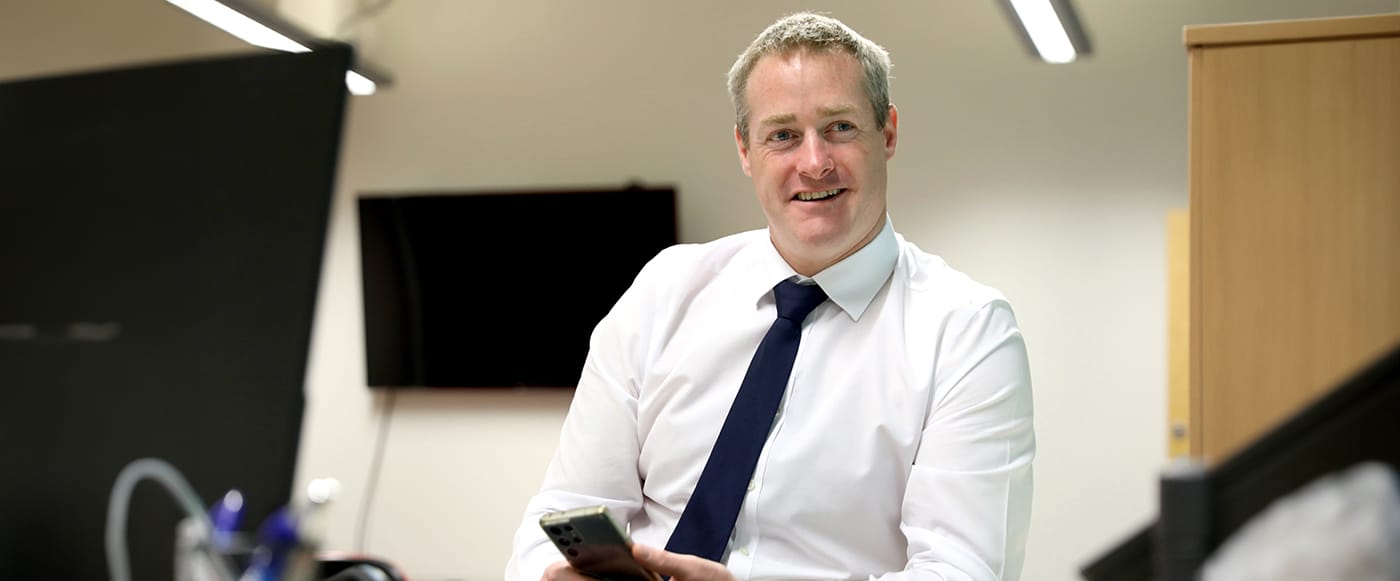The Danger of being Judgmental
We all have ideas, opinions, thoughts and observations, right? That is exactly where we want things. The danger is when we allow ourselves to think other perspectives are a threat or invalid.
That may resound with you immediately, which is great, but why is shutting down to the involvement of alternatives to your position such a danger?
Ok first off, what do we mean when we say by being Judgmental?
What does Being Judgemental mental mean
Really we are all judgemental and this can never change, so what we really mean by “being judgemental” is allowing your judgement to supersede anyone else’s perspectives and acting and behaving as you decide because of your judgement.
If not, just for a more wordy description; do you ever decide how things should/might look in your head? We all do this right? Then have you ever reacted badly when things haven’t played out as you’d imagined?
A couple of worked examples from my own experience;
- you see a child make a huge mess with chocolate and eggs all over a kitchen table. In your head you decide what it should look like and act accordingly. “Why have you made such a mess????? Clear it up! This is why I’ve said you can’t play in the kitchen”
- Someone has gone ahead and found a solution to something that was a challenge and put it into play. You had no idea the solution had been put into play and it is something you’d have never done yourself. You exclaim “What in the world are you doing???? This will result in lost confidence from everyone…”
Does that sound familiar to anyone?
You could say this is just not having a balanced perspective and working with everyone around you all of the time, fully agree, but one of the most effective focuses in my teams around me to get people to moderate their emotions is the simplicity that we never allow our judgement to supersede our support. This seems to be more effective, does that make sense? Equally we all learn differently so this may not help at all.
Why is Being Judgemental so dangerous
I think I can be absolutely blunt and dramatic here – mental health.
It is as simple as that.
If you want to potentially disrupt or at worst break entirely the mental health of others, continue leading with your judgement of situations.
Why so serious? (Heath Ledger was a legend)
Ok, it is so serious because there are 2 laws of human action – everything we do we do because 1) we believe in the outcome 2) we choose to do it. This means that whoever has done what, they believed in the outcome (in some way) and they chose to do it. When you take a strong view on “That was WRONG” you potentially ignite a world of emotion in them. Much similar to the shame/humiliation/embarrassment you may feel if you get something entirely wrong. Let’s face it we all make mistakes all the time, it happens, it doesn’t feel good (How we deal with making mistakes is another matter entirely, this blog is entirely about being judgemental)
Can you see the danger of being judgemental yet?

I’ll give an extension of the worked examples:
- You walk in, you see the kitchen destroyed by your kid, you explode, they get very distressed and clean up. You calm down, they don’t. They are angry and stop talking to you for a while. You finally find the space to talk.
- Me: Why have you been so angry with me? You’d made a big mess in the kitchen, you know that isn’t great
- Kid: I was making you a cake for your 40th birthday and I was going to clean up anyway
- Me: I’m so sorry… I got it wrong…
- You walk in, new ways of work have been implemented, you explode, everyone gets very distressed, adjustments to the way forward are made. You calm down, no one else really gets to a good place for a while. You meet to address the change in feeling in
- Me: The atmosphere in the team feels off, does everyone feel that?
- Summarised team chat: We’d discussed as a team how we might approach the challenge the other day and came up with a solution together. It was the best we all felt whilst you were uncontactable. We were all overstretched and that was what we came up with. We have now felt too intimidated to really be as natural as we were as you reacted so strongly. You always say how important it is we are thinking for ourselves and when something came up a little left field you trampled over our efforts. This has broken the trust to do what seems right from our perspectives.
What’s the likelihood of openness and transparency after my moments of being judgemental? Not as likely right? You destroy the likelihood of 100% honest environments and this is the beginning of reduced trust between people and immensely toxic environments… curtail that judgemental side of you!
The signs of Being Judgemental
In both of the above examples they are the extremities of this space. But it all starts with very small signs.
The most regular sign seen is the way you ask anything.
For example, you see something that you felt wasn’t right and the way you address it doesn’t feel as open and honest as needed to show 100% support as your judgement has got in the way. For instance:
- You see something you don’t think is great. You pull up the person responsible and say “I’ve just seen this and was wondering your thinking behind doing it/why you didn’t do this”
Ever heard/said anything similar?
There are all the triggers here to show the person responsible you are not really on their journey you want them on your journey. You know what is needed and they need to be on your journey, right?
Well this is where everything starts to break. Nobody you support will desperately want to be on your journey by default. Not unless they are obsessed by every word you say and you are viewed as some sort of superstar by them. Not incredibly healthy but worth considering.
Getting a handle on Being Judgemental
Remember – we are all judgemental.
If you want to get this right as a leader or anyone supporting anything to go better with others, the only place to start is supporting them on their journey first and finding the joint journey together after. Does that make sense?
Always trust your judgement as a stabiliser for your approach but never allow it to supersede the support for others.
- You walk in, you see the kitchen destroyed by your kid, you explore.
- You: Oh my goodness you have been busy, what are you up to? (Stifling the emotion with something supportive can be a fun journey 🙂)
- Kid: Go away Dad I’m doing a surprise
- You: No worries, make sure you tidy as you go along as broken eggs are very harmful if left all over the place, also I’m exhausted so don’t desperately want to come and tidy later, will you be ok with that?
- Kid: sure Dad
Later you’ll check it out and there will have been some tidying but probably nothing like what you’d hoped for, but the journey of improvement is in motion, and above all trust in the relationship is maintained. Can you see that?
- You walk in, new ways of work have been implemented, you explore.
- You: Things have changed, there must be something going on, all ok?
- Team: We got an urgent client demand we are trying to meet and this is what we’ve come up with
- You: Awesome stuff, thanks everyone for thinking on your feet and showing we can be so responsive. A couple of things I’ve noticed are “x” and “y” had anyone thought of those? If not no worries, from my experience things have fallen down because of these things, does anyone else see that could be important?
- Exploration ensues and adjustments made as consensus arrives.
This will have spread the learning for future and potentially enhanced the delivery of what had already been put together. Team trust maintained and likelihood of positive progression, growth and performance together maintained.
Does this all make sense?
Mastering those moments of being judgemental are hard, we are human, but the most important thing is you see you destroy/erode trust with each moment of leading with your judgement. Can you see that?
If so, great, start the journey of getting a handle on it.
Conclusion
But isn’t the whole space of being judgemental or being seen as supportive just semantics? It is in a way but it is also the recognition of the brilliance of everyone around you and really truly believing you never want to dampen their brilliance by being 100% supportive all of the time, it is also recognising the potential impact of your words.
If you really want to get it right all the time and eradicate any likelihood of getting into a tangle with the emotions of others, remove your judgement entirely from situations and prioritise supporting everyone on their journey and use your judgement to help contribute to their journey.
Never dictate. The moment we dictate we are saying I know better. This is the start of devaluing others and trust starts to disappear the moment this happens.
Ok, we are human – we will make mistakes and lead with our judgement and dictate to others.
The most important thing I want you to take from this is how corrosive you are being in these moments so you can readdress when you have found yourself in those positions and understand why gaps might develop between you and others.
The moment you drift from a largely supportive position to someone who is seen as constantly judging, there will be low trust and loads will be happening behind your back. This is a message for parents, leaders and everyone.
At Tribe365 we understand all the components of creating environments full of belief and autonomy and how everything can be managed to create environments full of all the great stuff, high trust, performance and above all happiness. Feel free to reach out on team@tribe365.co

Interested in finding out more?
Book a meeting in with the Tribe team
today on +44 (0) 1325734847 or at
team@tribe365.co

















